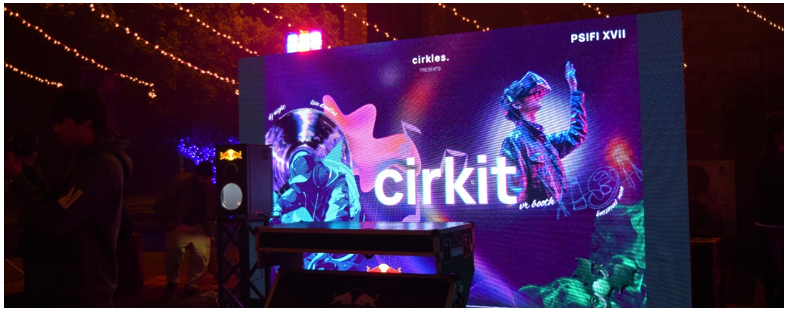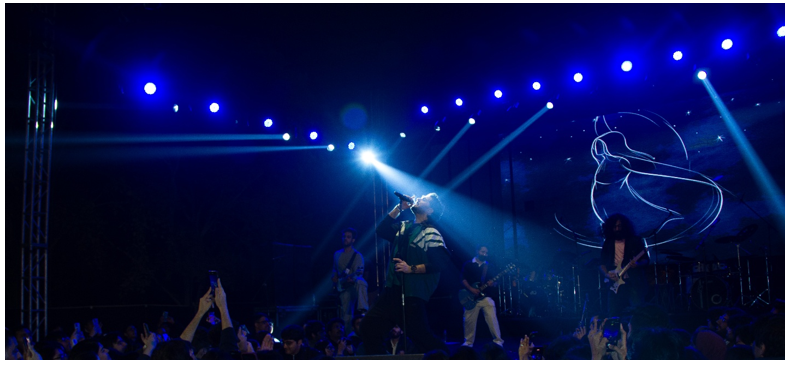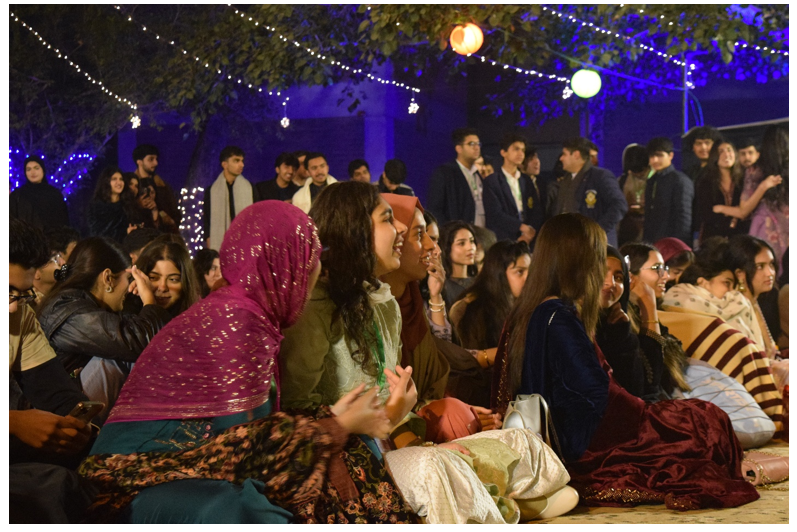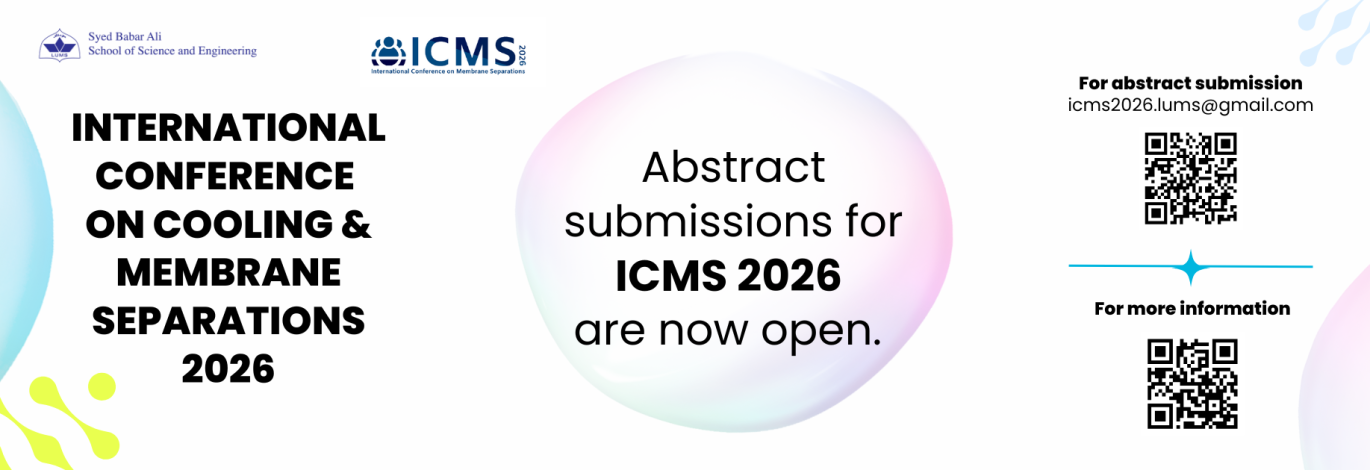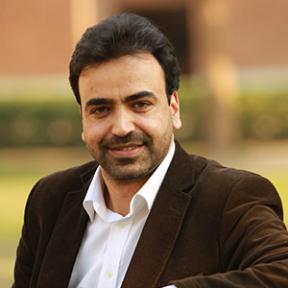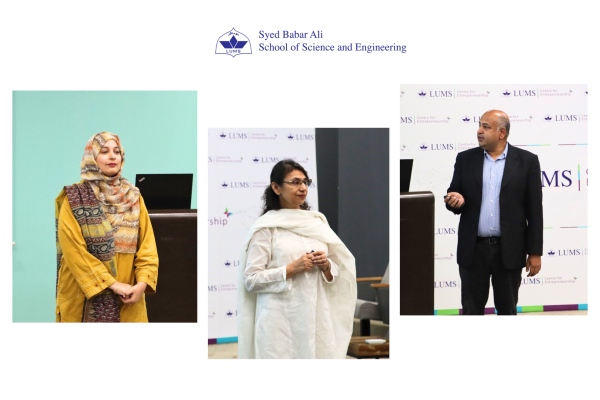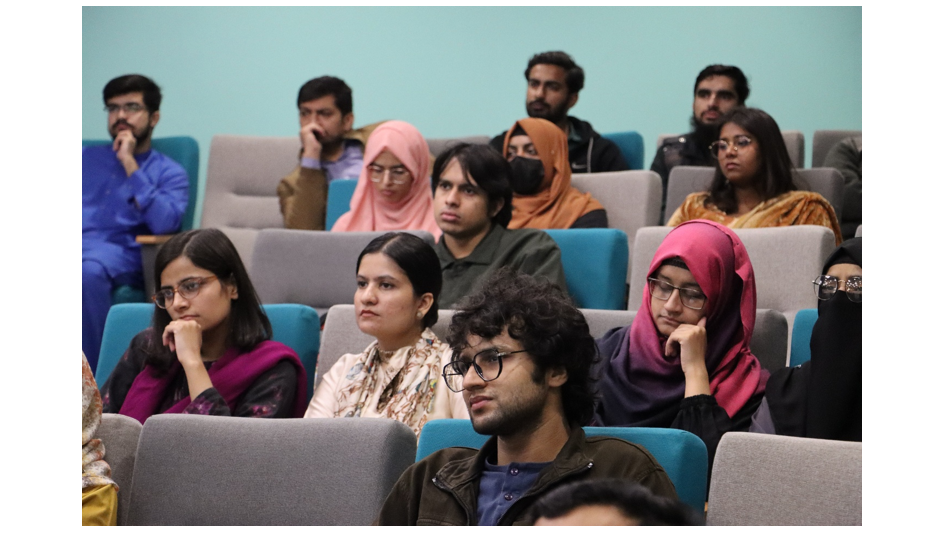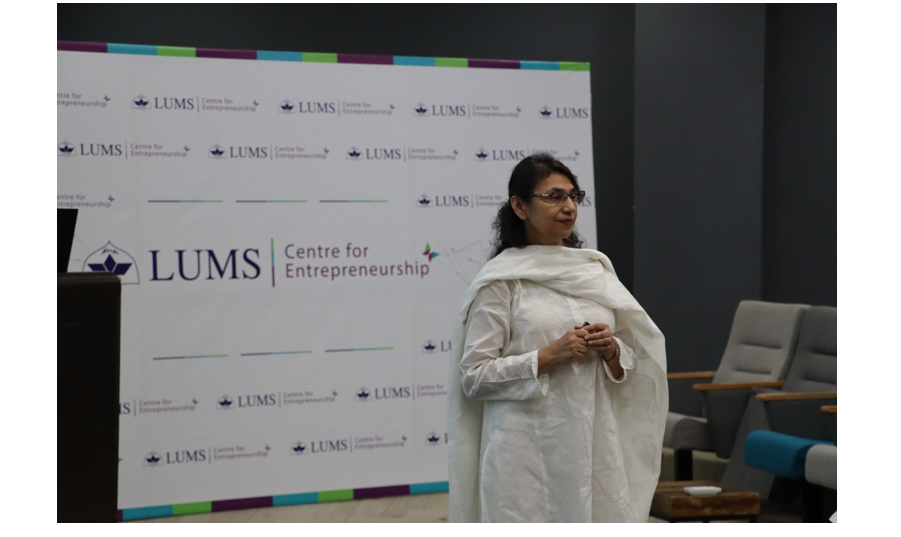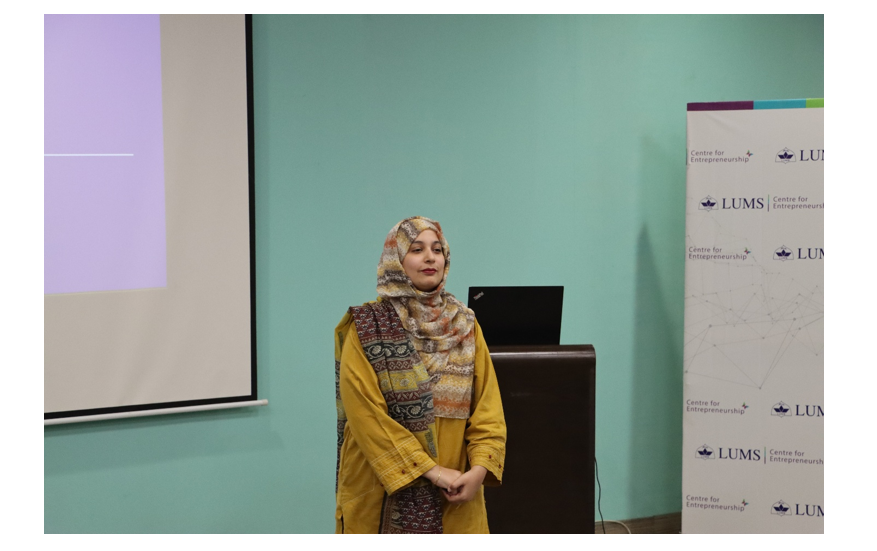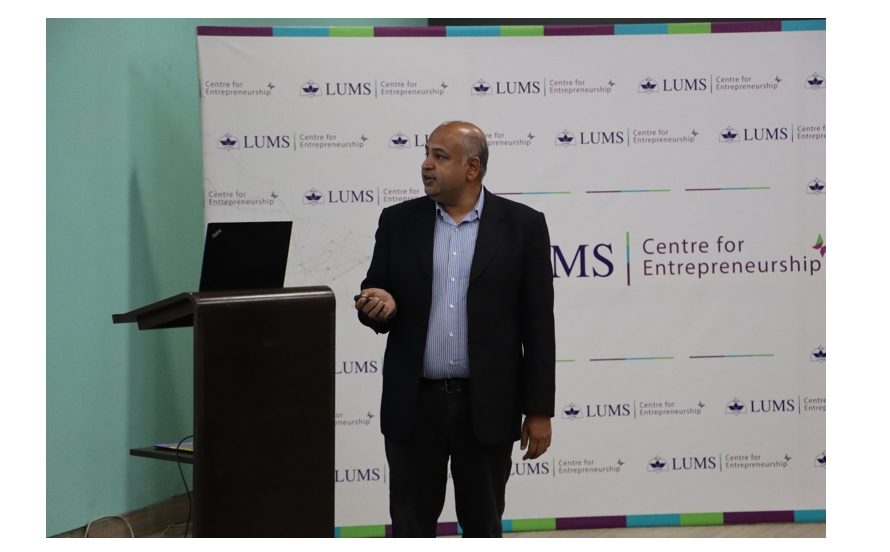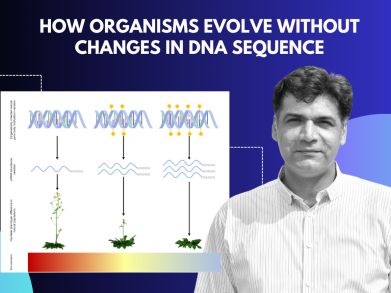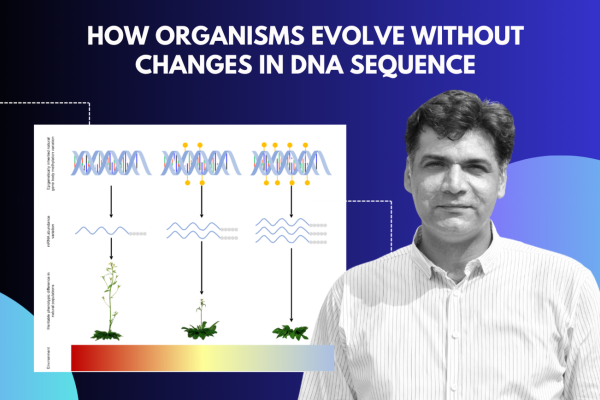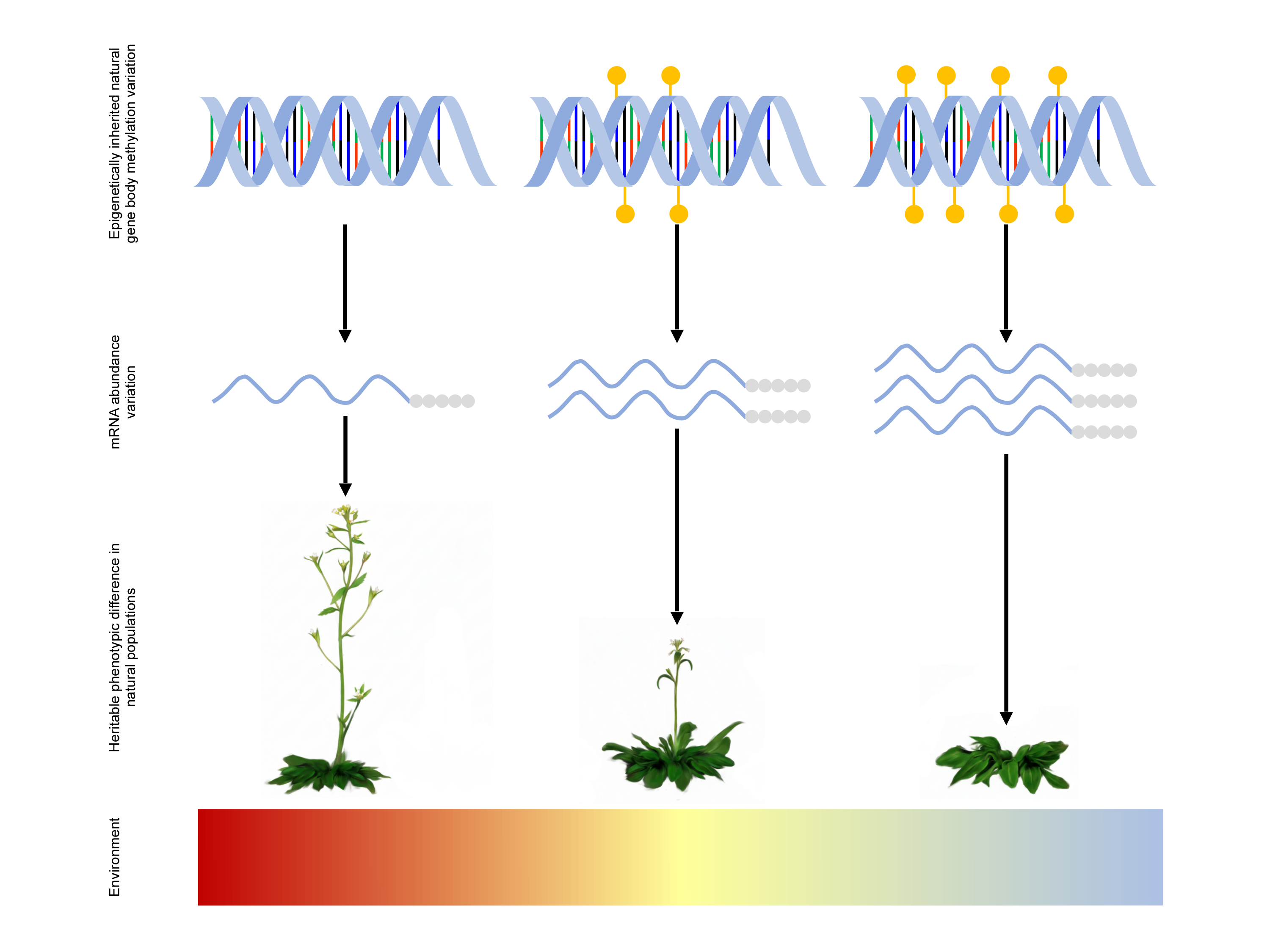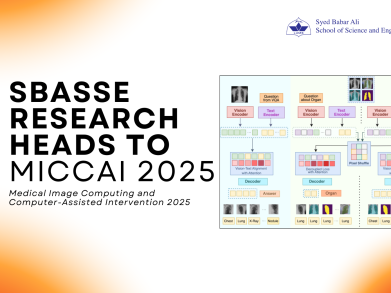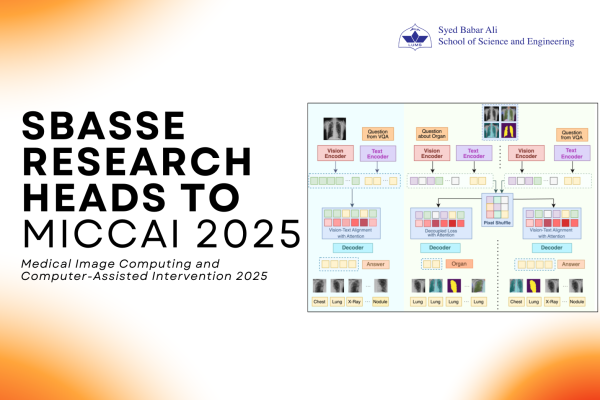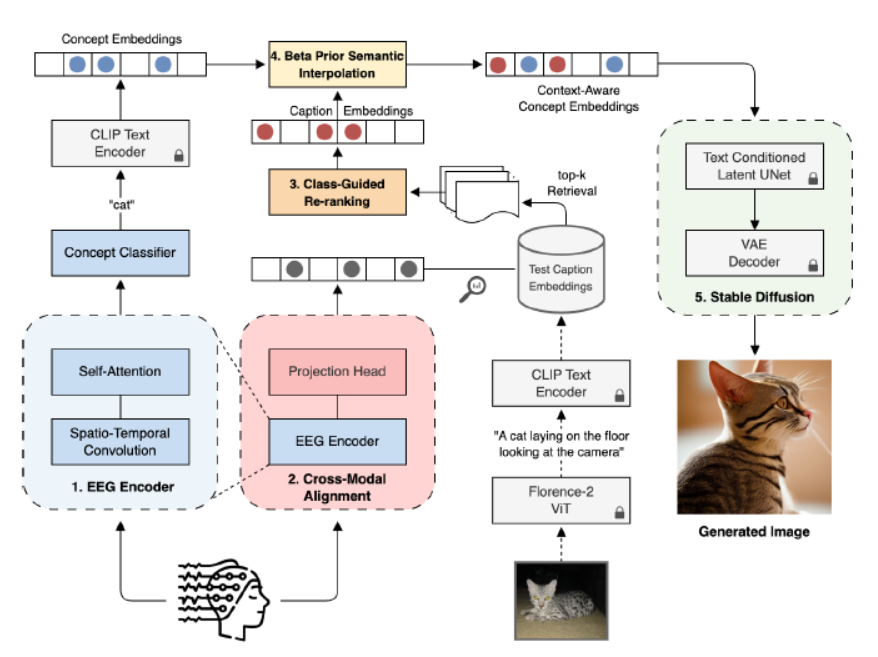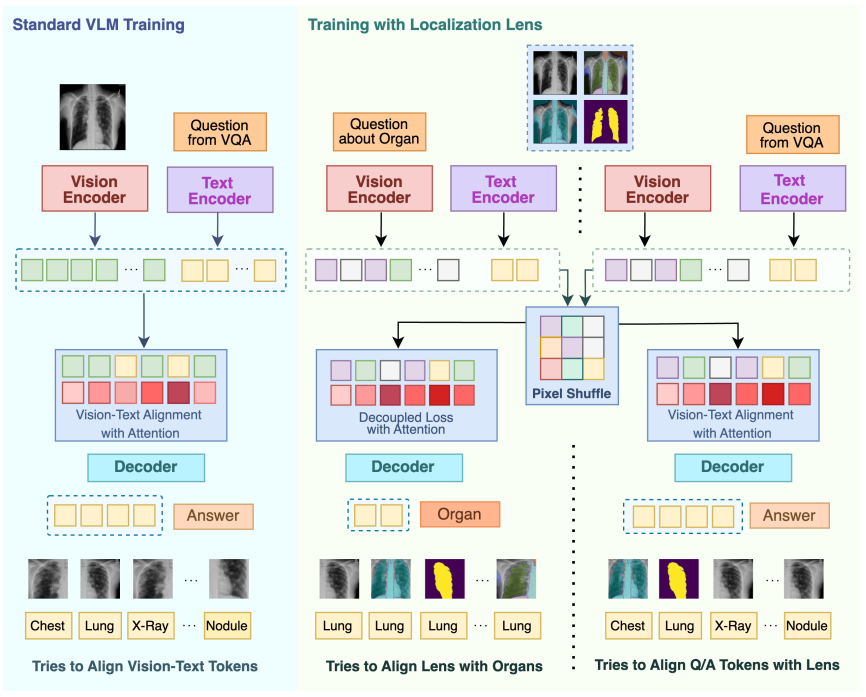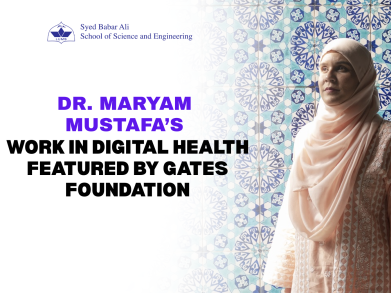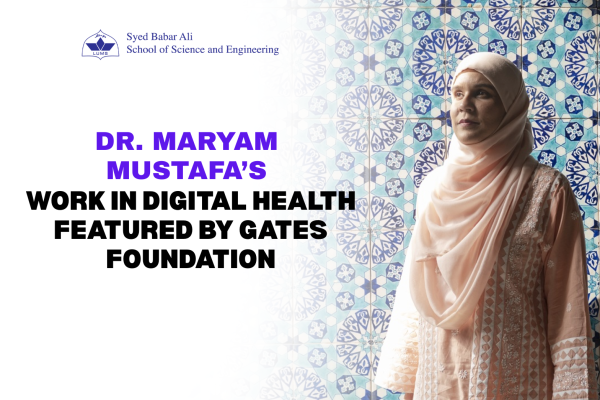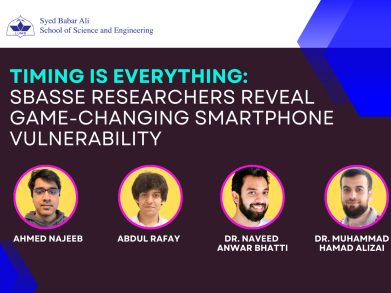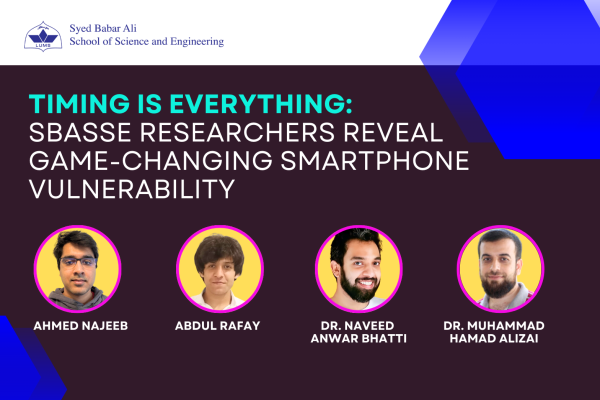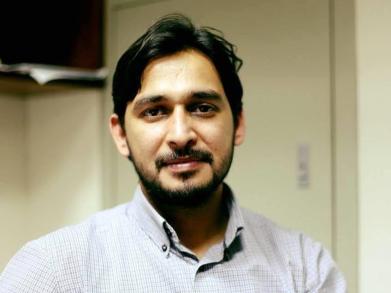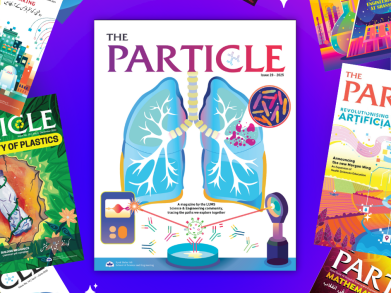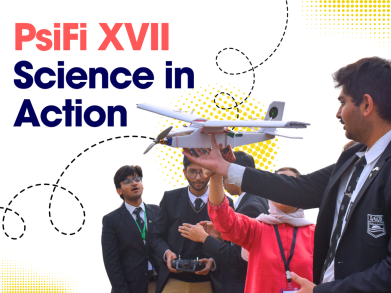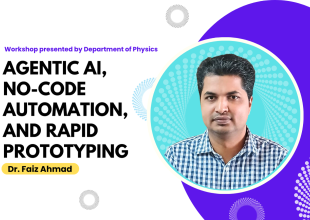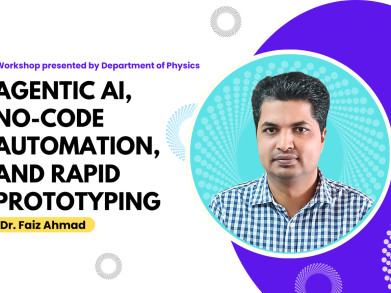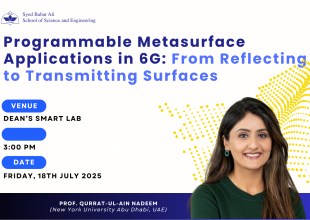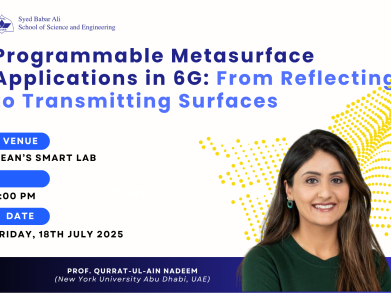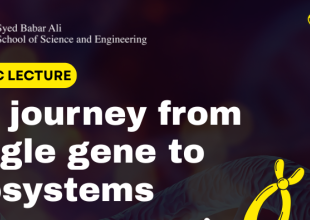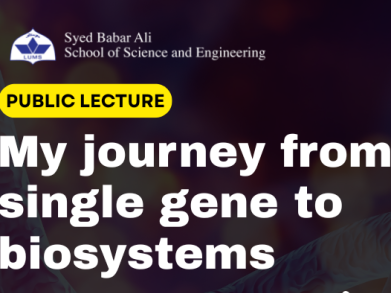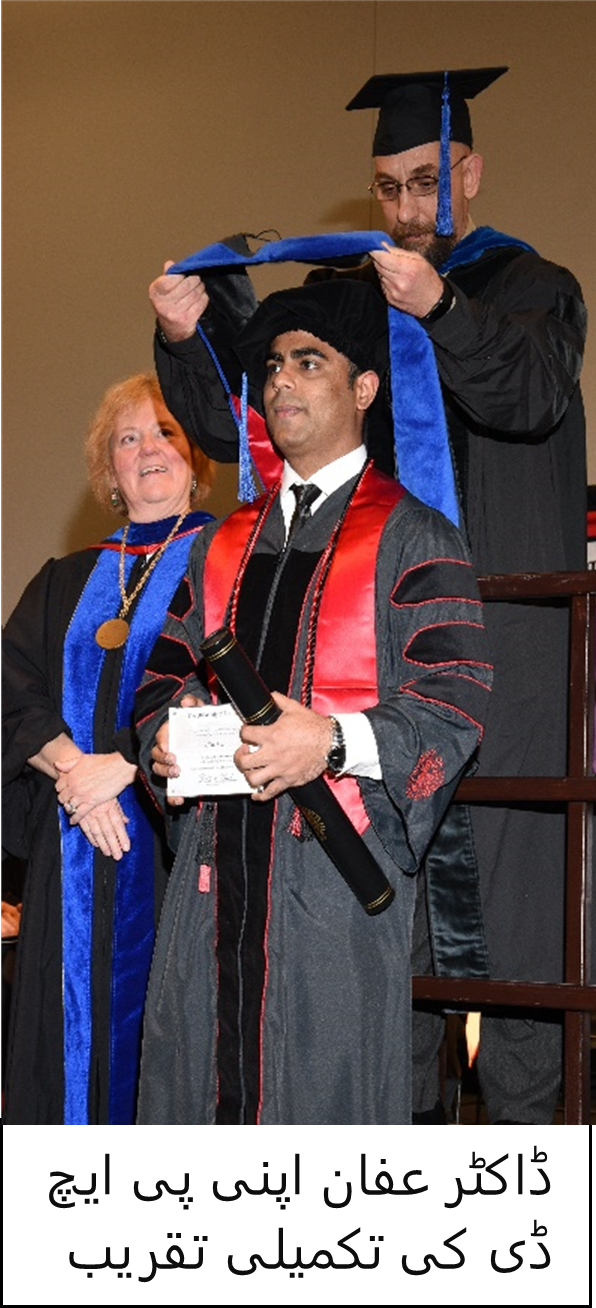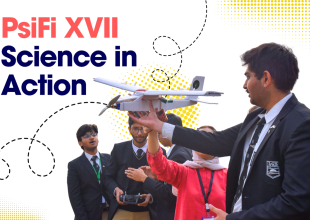
From 26 to 29 December 2025, LUMS came alive with ideas, innovation, and spirited competition as PsiFi XVII unfolded marking the 17th successful edition of SPADES’ flagship science and technology festival. Spread across 12 competitive categories and a dedicated hackathon, the four-day festival welcomed delegates from a wide range of institutions, each bringing curiosity, creativity, and a strong appetite for challenge.
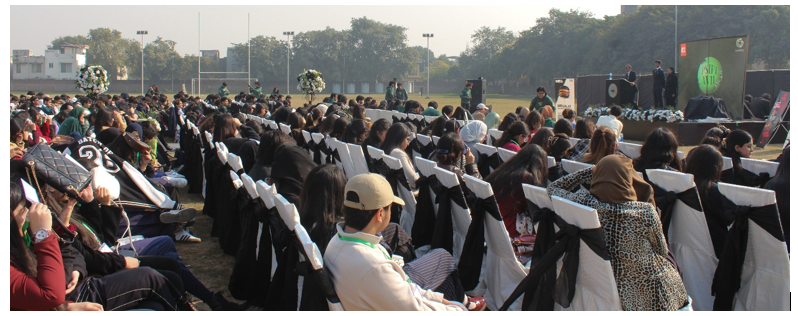
Engineering ingenuity took center stage in events such as Siege, which introduced a new boatbuilding round this year. Working under tight time and design constraints, teams constructed functional floating vessels before moving on to the much-loved catapult challenge, where precision engineering met creativity.

Crowd favorites Robowars delivered high-energy moments with the return of Sumowars, as custom-built robots clashed in intense matches that tested control systems, structural resilience, and strategic thinking.
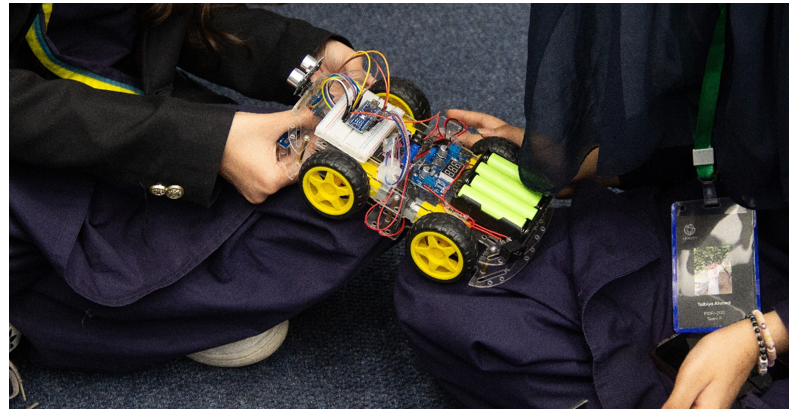
Meanwhile, RC Planes saw teams design and fly fully functional aircraft from scratch, successfully completing laps across the cricket ground—an impressive demonstration of applied aerodynamics and teamwork.

PsiFi XVII also transformed the campus into a living laboratory of problem-solving and imagination. Pixel Spectrum turned LUMS into an interactive scavenger hunt, while Science Crime Busters immersed participants in meticulously designed crime scenes, demanding sharp analytical reasoning and scientific investigation. Events such as Diagnosis Dilemma and Lazarus Missions pushed delegates into high-pressure medical and space-themed scenarios, blending conceptual knowledge with hands-on application in creative and often dramatic ways.

Academic depth remained a defining feature of the festival. Oppenheimer’s Odyssey, PsiFi’s flagship physics event, challenged students through Olympiad-style problems, experimental tasks, and scientific debate. For the second consecutive year, the International Olympiad on Astronomy and Astrophysics (IOAA) selection exam was conducted within this category, reinforcing PsiFi’s growing academic stature. At the same time, events like Math Gauge and Scifinity made science and mathematics accessible, engaging, and visually striking—inviting participation through collaboration, humour, and creativity.
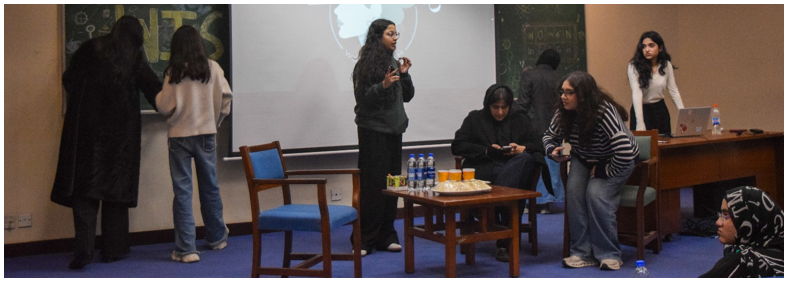
Innovation beyond competition found a strong platform in HackX and Psynergy. HackX combined technical problem-solving with industry exposure, featuring an interactive talk and Q&A by Usman Asif, CEO and Founder of Devsinc, who shared insights into entrepreneurship and the technology ecosystem. Psynergy, designed to bridge academia and real-world impact, showcased delegate-led projects addressing tangible societal challenges.
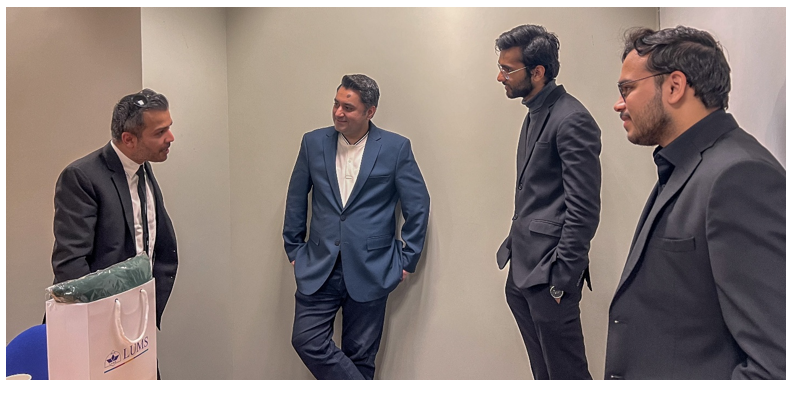
From Pakride’s smart helmet for road safety, to immersive VR training applications and agricultural soil-monitoring devices, these projects highlighted how students translated theory into meaningful solutions through mentorship, research, and industry engagement.

The festival concluded with the electrifying PsiFi Showdown, a live auction-style quiz where top-performing teams strategically bid PsiFi Coins to tackle multidisciplinary questions. Beyond individual event victories, the closing ceremony celebrated collective excellence, with Best Delegation, Best SRP Team, and overall honours recognising sustained performance, collaboration, and leadership.

PsiFi XVII stood as a powerful reflection of SPADES’ commitment to fostering scientific curiosity, innovation, and community—an event that seamlessly blended academic rigour with creativity and competition, leaving delegates inspired and the SSE campus buzzing long after the final round concluded.
